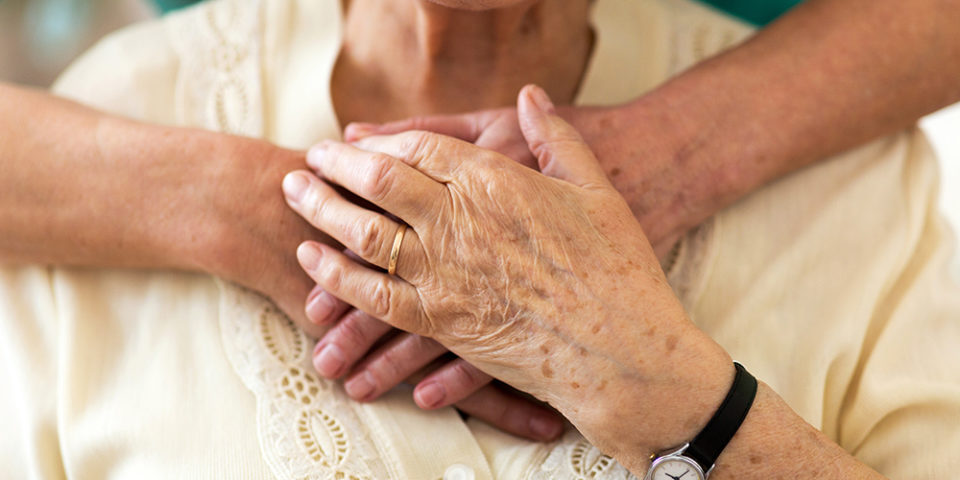Caring for someone with dementia
Dementia is an incredibly difficult diagnosis, not only for the person but for their family and whoever is going to be a caregiver to them. Psychiatrist Frank Clark, MD, offered advice on how to cope.
What steps can a caregiver take after their loved one receives a dementia diagnosis?
A lot of people feel lost about where to start. Dr. Clark said the following resources can be helpful.
- Your loved one’s primary care physician is one of your biggest resources, as well as the social worker in a primary care office. They can guide you on where to go next. A safe place to start is the clinic where your loved one was diagnosed.
- A therapist. “It takes a village and I find that having a care team that that is multi-disciplined can be very helpful for caregivers. There are a lot of therapists that specialize in geriatrics. So, talk to the person’s primary care provider,” Dr. Clark said.
- Advocacy and support groups. “I can’t stress enough how vital they are. Reach out to the Alzheimer’s Association. There’s something therapeutic about being with people who are going through a similar situation,” Dr. Clark said.
Why is it important for caregivers to care for themselves?
Dementia not only impacts the person who’s experiencing it, but it also impacts the family. “I can speak firsthand to that as a psychiatrist who has a mother with a neurocognitive disorder,” Dr. Clark said.
It can evoke emotions such as anger, denial and grief.
“Research shows that caring for a loved one with neurocognitive disorders can be more stressful than caring for individuals with physical disabilities. Caregivers are at risk of developing depression and anxiety. They also may develop some physical conditions they didn’t have before. So, it’s important for caregivers to seek knowledge and understanding of the disease process,” he said.
Self care is also extremely important.
“I encourage caregivers to find things that are going to fill their love bank, and that looks different for everybody.” Examples include:
- Prayer
- Journaling
- Exercise
- Music
- Massage
“We take on multiple roles – maybe you’re a spouse who has children and you’re working full time. It can be very stressful. We have to know what our bandwidth is and when that tank is running on empty. We don’t want it to get to empty, and self care can help with that,” Dr. Clark said.
He said it’s important to not feel guilty about taking the time for self-care. Give yourself permission to take care of yourself and get some help.
Find the care you need, close to home
Our primary care physicians provide well visits and everyday care when you need it with compassion and expertise.
Find Primary Care Near You

